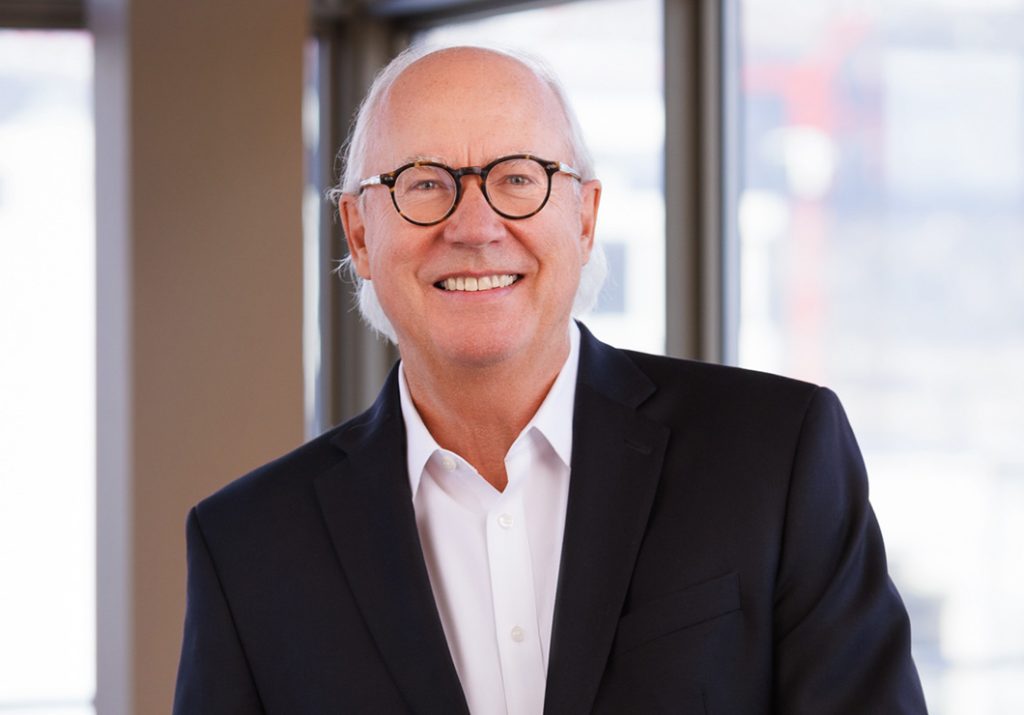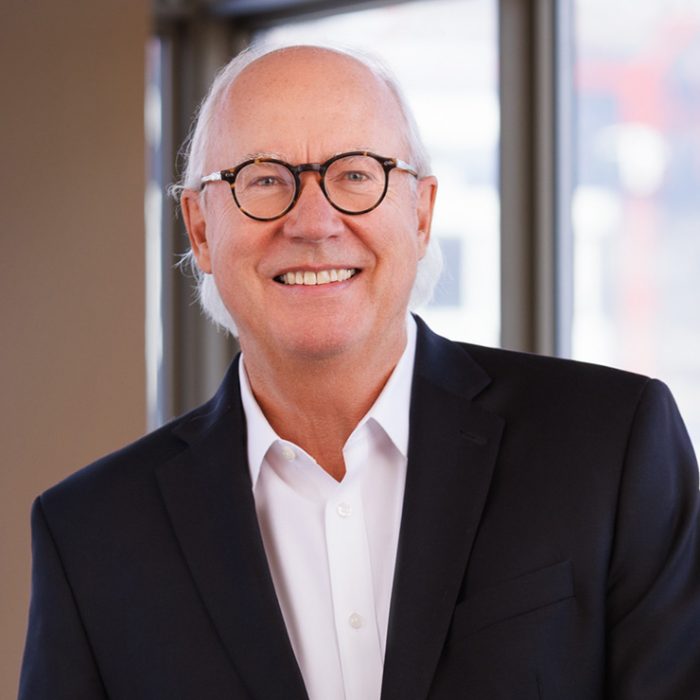Sir Richard Branson leads this worldwide initiative to end the death penalty.
A global group of executives, supported by the Responsible Business Initiative for Justice, is launching the Business Leaders’ Declaration Against the Death Penalty, calling on governments everywhere to end the practice, and asking their peers to join them. The declaration seeks to build a global movement of like-minded leaders committed to the cause of abolition.
Sir Richard Branson is quoted in a Fast Company article:
“I am of the opinion that the death penalty is inhumane and barbaric. Study after study has shown that it has failed to deter or reduce crime. It is also disproportionately used against minorities and other vulnerable and marginalized groups. Virginia Delegate Jay Jones, speaking just prior to his state’s historic vote, called it a “direct descendant of lynching.” It’s true. The death penalty can no longer hide its rotten roots: The world over, it has been an instrument of racism, oppression, and intimidation.
From a fiscal point of view, capital punishment cases are often prohibitively expensive, especially when compared to the cost of a life sentence. Under any circumstances, it is an enormous waste of public funds—not just in the U.S., but also in other countries where large numbers of people languish on death row, only to be released a decade or more later as courts acknowledge that charges were trumped up and never warranted a death sentence in the first place.
Most important, perhaps, capital punishment is terrifyingly prone to error. In the U.S., for every nine people executed, one person has been exonerated. Since 1976, 185 innocent people have been freed from U.S. death rows. That’s far more than just a shocking statistic. It’s 185 personal stories of needless suffering, agony, and injustice. Bryan Stevenson, a brilliant champion of criminal justice and human rights, once compared this rate of error to the safety record of an airline.
Against this backdrop, today’s business mobilization against the death penalty shouldn’t come as a surprise. The heightened attention to corporate sustainability over the last three decades has raised expectations of business as a driver of social and environmental progress. But getting your own house in order, tackling material challenges like climate or human rights issues in supply chains, is no longer enough. Increasingly, consumers, employers, and investors expect businesses and their leaders to take a stand on critical issues of our time. If business can lobby for its own good, the argument goes, it must also be a lobbyist for the greater good of humanity.
In the case of the death penalty, the business case for engagement is blindingly obvious. As a biased and inherently unjust form of punishment, it runs counter to the ideals of good governance, social cohesion, transparency, and fairness—all factors considered critical to long-term business success. Where governments hide or obscure the origin of lethal injection drugs, for instance, businesses have good reason to wonder about commitments to private contracts. Where people of color and the poor are far more likely to be caught up in a vicious and deadly cycle, business should raise concern about the rule of law and equal justice. And where precious public resources are wasted on the relentless pursuit of executions, rather than invested in schools, quality healthcare, social services, and infrastructure, business must vocally call into question government priorities.
I believe that business leaders must strive to hold up their end of a social contract that entrusts us with great leverage to grow and succeed.
Sir Richard Branson is an entrepreneur, philanthropist, and the founder of the Virgin Group.
So in summary:
- The death penalty system is applied in an unfair and unjust manner against people, largely dependent on how much money they have, the skill of their attorneys, race of the victim and where the crime took place. People of color and minority groups are far more likely to be executed than white people, especially if the victim is white.
- The death penalty is a waste of taxpayer funds and has no public safety benefit. The vast majority of law enforcement professionals surveyed agree that capital punishment does not deter violent crime; a survey of police chiefs nationwide found they rank the death penalty lowest among ways to reduce violent crime. They ranked increasing the number of police officers, reducing drug abuse, and creating a better economy with more jobs higher than the death penalty as the best ways to reduce violence. The FBI has found the states with the death penalty have the highest murder rates.
- Innocent people are too often sentenced to death. Since 1973, over 156 people have been released from death rows in 26 states because of innocence. Nationally, at least one person is exonerated for every 10 that are executed.
- Statistics also show that the death penalty often results in jurors being more reluctant to find guilt, and results in more guilty offenders being acquitted, and back on the streets.
To learn more about the Business Leaders’ Declaration Against the Death Penalty, visit businessagainstdeathpenalty.org.
Paul Mitchell, Q.C. is a BC personal injury lawyer who is a Past Member of the Board of Governors of the BC Trial Lawyers Association. He has extensive experience with severe injury claims, including brain injury claims, spinal injury claims, bicycle claims, death claims, ICBC claims, medical malpractice, and other catastrophic injury claims. He acts for injured clients all over BC and Alberta, and will not act for ICBC or any other insurance company.
Contact Paul Mitchell, Q.C. at 250-869-1115 (direct line), or send him a confidential email at [email protected].

